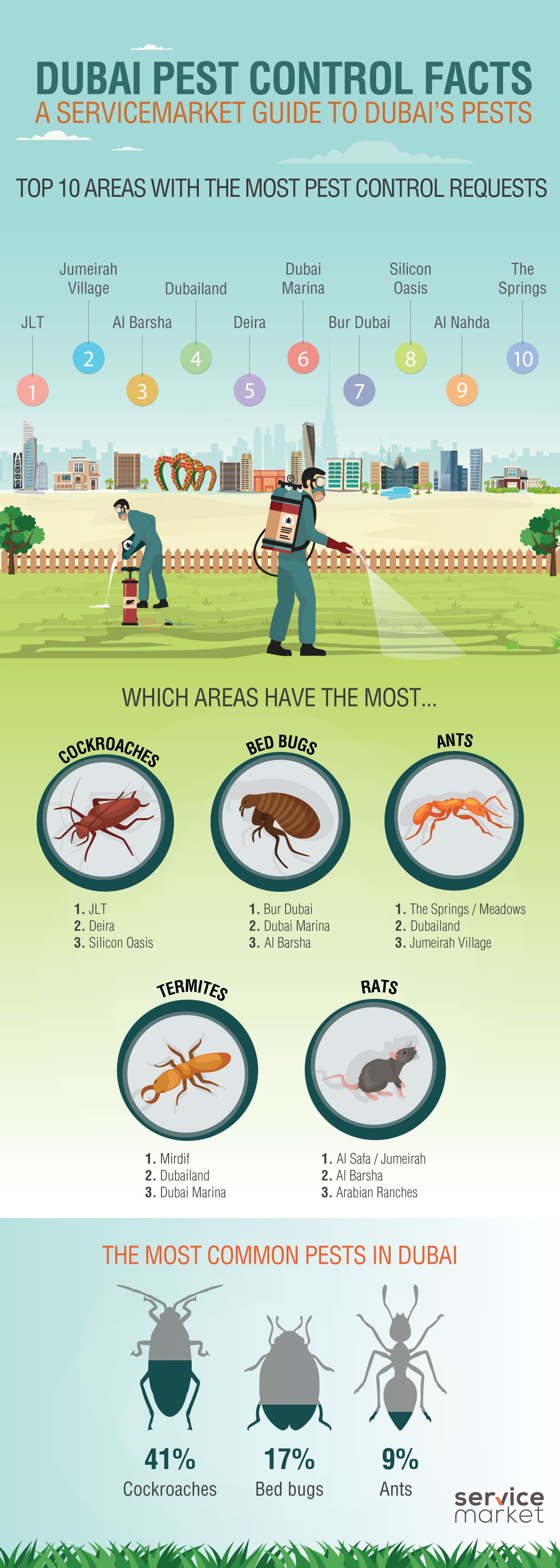They say 'prevention is better than treatment,' and this saying is true when it concerns pest control. You may be aware of the importance of maintaining your home or service free from insects, but have you ever before took into consideration the environmental effect of the approaches made use of to attain this?
In this conversation, we will explore the various parasite control approaches offered and their possible impacts on the environment. From the use of chemical pesticides to all-natural parasite control techniques and sustainable approaches like integrated parasite management, there is much to learn more about the options we make and their impact on the globe around us.
So, twist up and prepare yourself to uncover the reality behind insect control methods and their ecological effects.
Chemical Pesticides and Their Environmental Influence
Chemical chemicals have a significant environmental influence, which can be better comprehended by examining their usage and impacts.
When you make use of chemical pesticides to control pests, they can end up harming not just the targeted bugs but additionally helpful insects, birds, and various other pets. These chemicals often remain in the setting, infecting dirt, water, and air. They can also gather in the food web, posing a threat to human health.
In addition, chemical pesticides can disrupt ecosystems by killing off natural predators of insects, bring about an imbalance in the environment. In addition, some chemicals have been linked to the decrease of pollinators like , which are critical for plant reproduction.
It is essential to take into consideration these ecological impacts when considering bug control methods.
Natural Bug Control Methods and Their Eco-Friendliness
All-natural parasite control techniques supply a green option to chemical pesticides. By using sweet ant killer and approaches, you can effectively take care of pests while minimizing injury to the atmosphere. Below are 4 green bug control approaches to think about:
1. Biological control: Present all-natural killers, such as ladybugs or nematodes, to control pest populaces naturally.
2. Physical obstacles: Use nets, displays, or row covers to literally avoid insects from reaching your plants.
3. Companion growing: Grow pest-repelling plants along with your crops to hinder bugs naturally. For instance, planting marigolds can repel aphids and various other insects.
4. Home made treatments: Produce do it yourself pest control solutions utilizing components like vinegar, baking soft drink, or important oils. These all-natural solutions can aid repel insects without hazardous chemicals.
Integrated Pest Management: A Sustainable Strategy
To effectively handle insect populations while minimizing harm to the atmosphere, take into consideration taking on an incorporated parasite administration approach, which concentrates on lasting practices.
Integrated Insect Administration (IPM) is an all natural method that integrates numerous pest control approaches to achieve long-lasting insect administration objectives. It intends to reduce making use of chemical pesticides and rather stresses prevention, tracking, and making use of non-chemical controls.
By integrating numerous approaches, such as organic control, social techniques, and mechanical methods, IPM supplies an effective and lasting remedy for parasite control.
This technique not just reduces the adverse influence on the atmosphere however also advertises the overall health of ecological communities.
https://docs.google.com/spreadsheets/d/1yOH09JKCC0LcGhKsTO1Hm-BuljLtd_9Q_3_fSNhA5UQ/edit?usp=drive_link , currently you understand the ins and outs of parasite control methods and their impact on the atmosphere.
From the unsafe results of chemical pesticides to the eco-friendliness of all-natural bug control methods, it's clear that we should prioritize sustainable strategies like incorporated insect management.
Just like a delicate environment, discovering the best balance is essential for preserving our atmosphere and keeping insects away.
